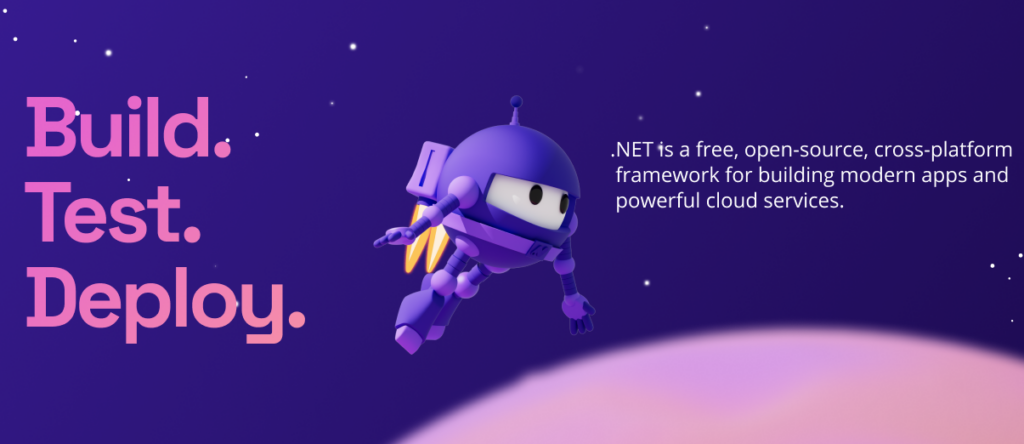


VSDoc for jQuery 1.3.2 Now Available

CLR Inside Out – Isolated Storage in Silverlight 2

CLR Inside Out – Handling Corrupted State Exceptions

Why catch(Exception)/empty catch is bad

IIS7 Load Balancing & Routing Module Now Available!

Silverlight Tips of the Day – Week 11

Web Packaging: Creating a Web Package using VS 2010

Catch, Rethrow and Filters – Why you should care?


 Light
Light Dark
Dark